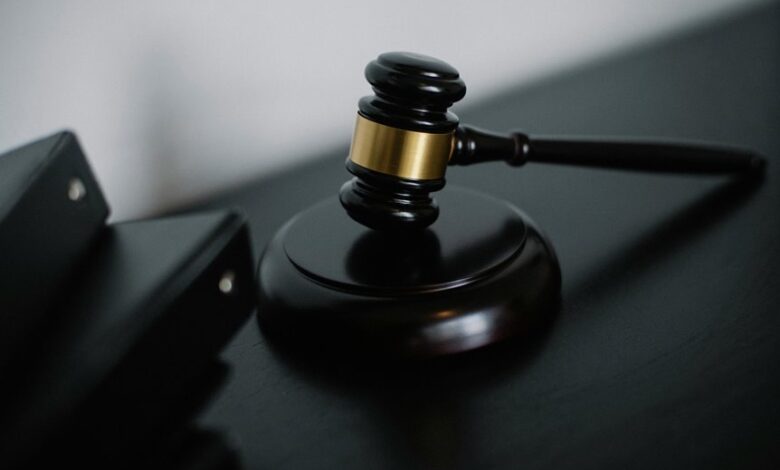Instanonimi: The Impact of Using Anonymity in Legal Processes

The use of anonymity in legal processes presents both advantages and disadvantages. On one hand, it can protect vulnerable individuals and sensitive information, encouraging participation in legal proceedings. On the other hand, it raises concerns about accountability and the potential for evasion of justice. Understanding this complex dynamic is crucial for developing effective legal frameworks. What implications do these competing interests have for the integrity of the legal system?
The Benefits of Anonymity in Legal Proceedings
While the pursuit of justice is paramount, the incorporation of anonymity in legal proceedings offers significant advantages that merit careful consideration.
Anonymity benefits individuals by safeguarding legal privacy, encouraging participation without fear of reprisal, and protecting sensitive information.
This approach fosters a more open legal environment, enabling vulnerable parties to seek justice while preserving their identities, thus enhancing the integrity of the legal process.
The Risks and Challenges of Legal Anonymity
What challenges arise from the application of anonymity in legal processes?
Legal identity becomes obscured, complicating accountability and transparency.
This anonymity can lead to ethical dilemmas, as individuals may exploit it to evade justice or manipulate outcomes.
Additionally, the inability to verify identities undermines the integrity of proceedings, raising concerns about the fairness and effectiveness of legal systems that prioritize anonymity over accountability.
Striking a Balance: Anonymity and Justice
The challenges associated with legal anonymity necessitate a careful examination of its role in fostering justice.
Balancing anonymity rights with legal transparency is crucial; while anonymity can protect vulnerable individuals, it may also obscure accountability.
Striking this balance ensures that justice is served without compromising the fundamental principles of transparency, thereby safeguarding both individual rights and the integrity of the legal system.
Conclusion
In the intricate dance between anonymity and accountability within legal processes, the shadows of privacy can illuminate the vulnerabilities of those seeking justice, while also casting a pall over the pursuit of truth. As the scales of justice teeter, the challenge lies in crafting a framework that honors individual confidentiality without sacrificing transparency. Thus, the quest for a harmonious balance emerges, where the protective veil of anonymity does not obscure the pursuit of a fair and just legal system.






